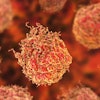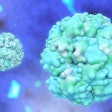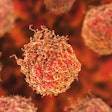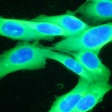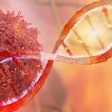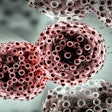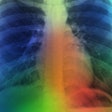
Universal Diagnostics on Monday announced the results of a proof-of-principle study demonstrating that the analysis of microbiome signatures in plasma can assist in the early detection of colorectal cancer (CRC).
The company presented the findings on Sunday at the European Society for Medical Oncology (ESMO) 2022 Congress in Paris.
According to Universal, the study concluded that changes in gut microbiota are linked to CRC development and progression. The study also found that measuring cancer-related microbiome alterations in plasma cell-free DNA (cfDNA) could offer an accurate, noninvasive approach for early cancer detection, leading to decreased cancer mortality. And the study revealed that cfDNA analysis coupled with model building achieved high sensitivity, including at stages I/II and III/IV, and equally accurate specificity.
The announcement follows the reporting of earlier findings by the firm associated with early-stage CRC detection through analysis of cell-free circulating tumor DNA (ctDNA) methylation, mutation, and fragmentation patterns by using targeted sequencing analysis, advanced computational biology, and machine learning algorithms to detect CRC and advanced adenomas.
"While methylation, mutation and fragmentation are still the core of early CRC detection, we think microbiome is an interesting addition to our proprietary technological platform Signal-X as we build out the platform," Christian Hense, COO at Universal DX, said in a statement.


